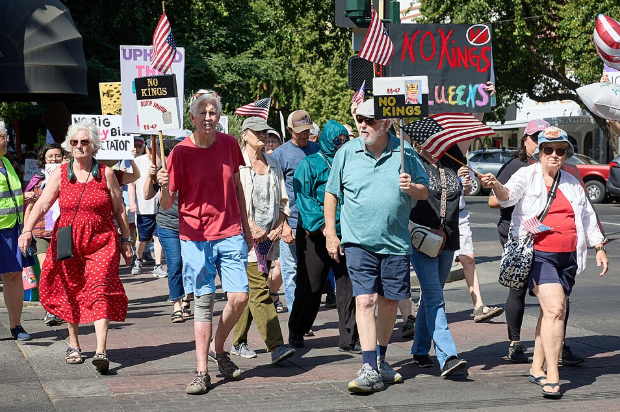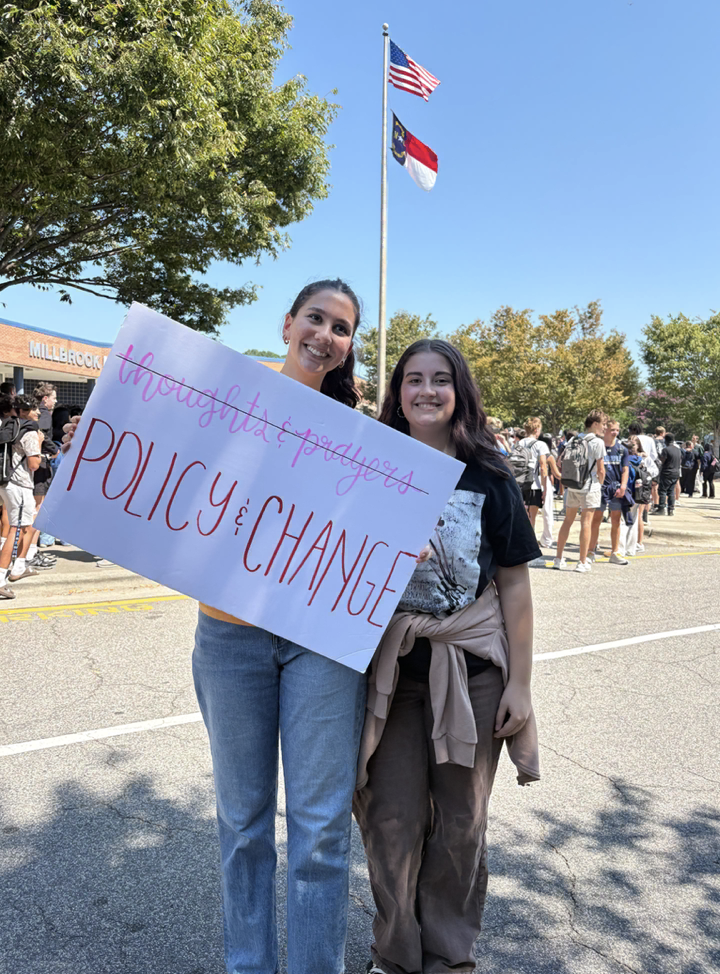In a recent turn of events, India and Pakistan agreed to a ceasefire after one of the most intense military combat between the two nations in decades. The agreement was negotiated on May 10, 2025, after four days of border fire exchanges that resulted in 50 deaths and fueled fears of an all-out war.
According to the New York Times on May 11, 2025, tensions mounted sharply after a deadly attack on Hindu pilgrims in Pahalgam, India on April 22nd, which killed 26 victims. India accused Pakistan-based militants for conducting the attack and struck back with “Operation Sindoor,” a series of air attacks on suspected terrorist training camps in Pakistan and Pakistan-occupied Kashmir territories. Pakistan dismissed involvement in the attack on Pahalgam and struck back with “Operation Bunyan-un-Marsoos” against Indian military camps.
The truce was sanctioned through two sequences of hotline talks between the Directors General of Military Operation of India and Pakistan. The deal came into force on May 20 and was to bring an end to hostilities along the Line of Control and other regions. “The escalatory strikes from both sides forced the existing diplomatic efforts into a high gear – including by the United States, China and Saudi Arabia – to broker an end to the fighting.” (CNN) Donald Trump announced the agreement, attributing American intervention for releasing tensions.
Indian Prime Minister Narendra Modi, who was on a visit to the Adampur Air Base on May 13, welcomed the troops for Operation Sindoor. He issued a strong threat for the next incident of terrorism, calling for any future aggression to be met with stern pushback. However, the Pakistani Prime Minister stated, “The army and whole Pakistani nation has become successful, and we have won. This is victory.” (NBC) He expressed gratitude toward the country’s armed forces and allies for their support. He asserted Pakistan’s aspiration for peace, but also showed eagerness to protect itself against further conflicts.
The ceasefire has been endorsed by many international contributors such as the European Union, United Nations, and neighboring countries, all urging permanent order and dialogue. According to the Times of India, over ten Indian and Pakistani feminist and civil society organizations urged for unity and justice in a recent statement. They condemned the recent violence and expressed their disappointment in both governments, urging them to continue the time of peace and to avoid indulging in further pressure between the nations.
Despite the current ceasefire, both nations have blamed one another for breaking it after it was agreed upon. According to BBC reporters, “Hours after the announcement, residents – and BBC reporters – in the main Indian-administered Kashmir cities of Srinagar and Jammu reported hearing explosions and seeing flashes in the sky.” Explosions in Srinagar, along with cross-border fire accusations have been emerging from both directions. The situation remains unstable due to issues such as the unresolved Kashmir conflict and cross–border terrorism. Ongoing diplomacy and efforts to build trust will be needed to avoid future tension and bring lasting peace to the nations.









